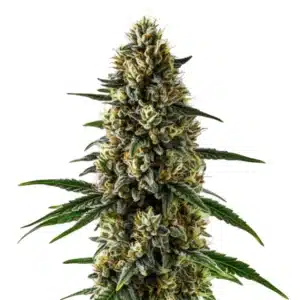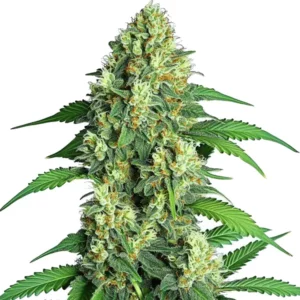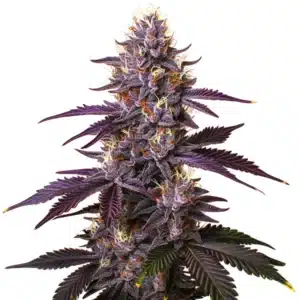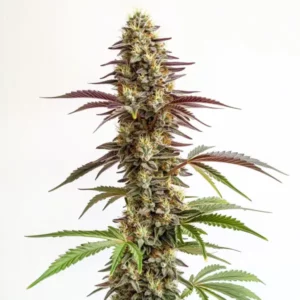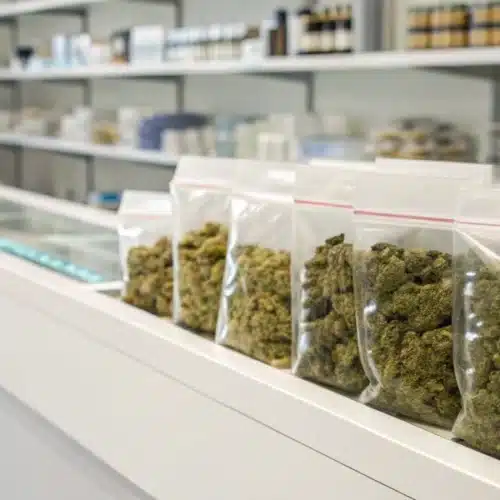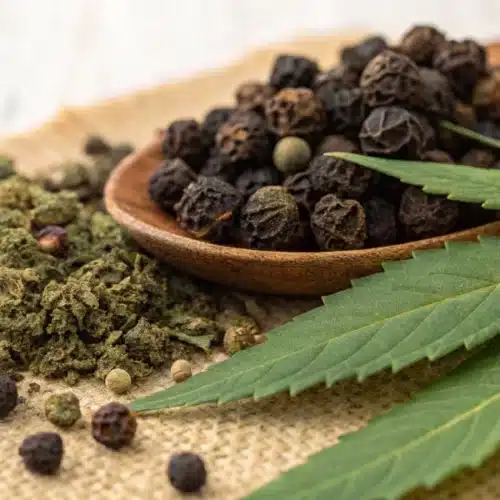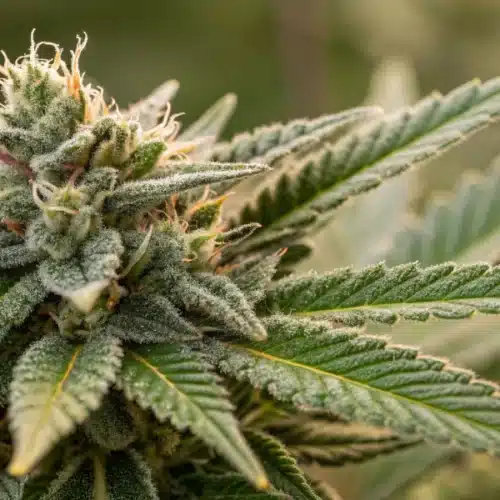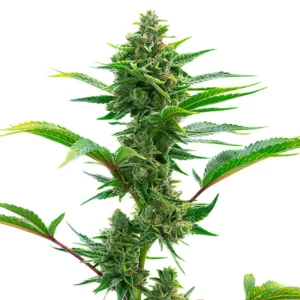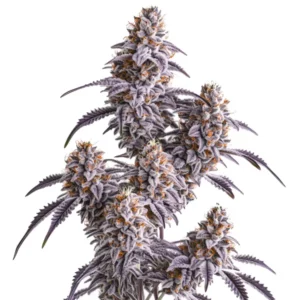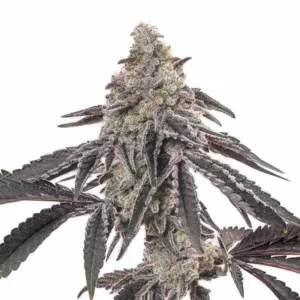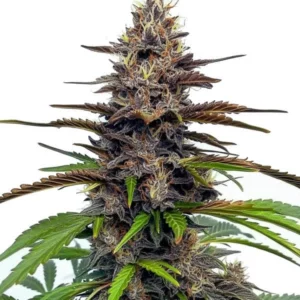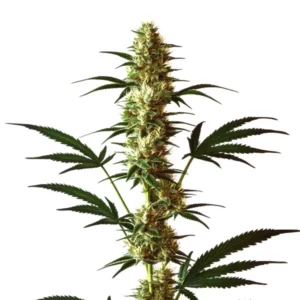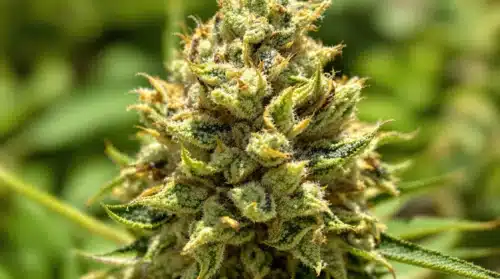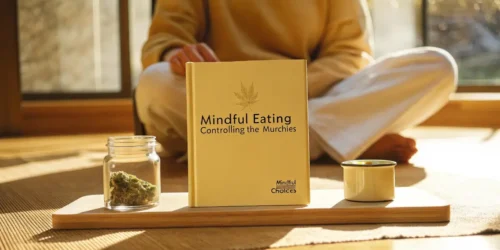For a fresh or seasoned cannabis consumer, determining the appropriate dosage can be a puzzling task. Cannabis items commonly specify their THC or CBD concentrations. However, the disparity between 5 mg and 10 mg might leave you questioning. Moreover, what are the consequences of exceeding the recommended dose?
In this guide, we’ll delve into the repercussions of consuming an excessive amount of cannabis and provide tips on sidestepping an undesirable encounter.
Is it Possible to Overdose on THC?
Excessive consumption of THC, the active compound in marijuana, can result in various impairments including attention, memory, executive functioning, and short-term memory.
Research indicates that inhaling doses ranging from 2 to 3mg of THC can induce toxic effects and potentially lead to overdose. While the Centers for Disease Control (CDC) suggest that a fatal overdose from marijuana is improbable, excessive consumption still carries significant health risks.
Furthermore, certain consumption methods like edibles may elevate the risk of overdose, emphasizing the importance of caution when using marijuana products.
Promos & Deals
Impact of (THC) on the body
THC, the active compound in cannabis, is renowned for inducing the sought-after “high” in users. However, excessive intake of THC can lead to an overdose.
THC interacts with the body’s endocannabinoid system (ECS), which regulates functions like appetite, memory, and immune response. Additionally, THC stimulates the brain’s reward center, providing pleasure to some individuals, but it can also contribute to dependency and misuse. Furthermore, THC influences nerve signaling and inflammation, potentially offering relief from chronic pain.
Regardless of consumption method, THC can trigger various symptoms, including relaxation, euphoria, elevated heart rate, heightened appetite, bloodshot eyes due to dilated blood vessels, altered perception of time, impaired coordination, memory difficulties, cognitive impairment, mood swings, and perceptual changes.
Long-term cannabis use may impact mental and physical health, although further research is necessary to fully understand these effects.

Differences between Inhaling THC and Consuming THC Edibles
Inhaling THC involves methods like smoking, vaping, or inhaling it directly. On the other hand, THC-infused edibles are ingestible items like brownies, gummies, or capsules.
The effects of inhaled THC can manifest within minutes, typically fading after 2 to 3 hours. In contrast, edibles may take anywhere from 30 minutes to 2 hours to take effect, with some requiring up to 4 hours for full potency. Additionally, the effects of cannabis edibles can last considerably longer, up to 12 hours.
The variance in onset time stems from how THC is absorbed. Inhaled THC enters the bloodstream directly through the lungs and then to the brain. However, ingested THC must undergo digestion and liver processing before entering the bloodstream and affecting the brain, resulting in a longer onset.
Furthermore, the method of consumption can influence the intensity of the experience. Even if both inhaled and edible cannabis products contain equal THC levels, edibles may produce a stronger high. This is because when THC is ingested, the liver converts it into 11-hydroxy THC, a more potent form that affects the brain more profoundly.
One benefit of edibles is their avoidance of exposure to cannabis smoke or vapor, which may contain harmful chemicals detrimental to lung health. Additionally, inhaling cannabis may pose a higher risk of substance misuse due to the rapidity of THC reaching the brain.
Edible Marijuana Overdose
It’s crucial to address the potential risks associated with edible marijuana consumption. Unlike smoking marijuana, where effects are more immediate, consuming edibles can lead to unintentional overconsumption due to the delayed onset of effects. This delay occurs because the THC must first undergo digestion before being absorbed into the bloodstream.
Consequently, the risk of overdose is heightened with edibles compared to smoking cannabis. Individuals may consume larger quantities of edibles to achieve the desired effects they typically associate with smoking marijuana.
Indicators of Excessive THC Consumption
- Chest Discomfort: Experiencing chest discomfort after THC consumption could be indicative of an overdose. This symptom might result from increased heart rate or other physiological responses to excessive THC levels.
- Accelerated Heart Rate: An elevated heart rate is a common manifestation of THC overdose. This physiological response may lead to palpitations or a sense of rapid heartbeat, which can be alarming for individuals experiencing it.
- Nausea and Vomiting: Nausea and vomiting are potential outcomes of THC overdose. These symptoms often occur due to the interaction between THC and the body’s digestive system, triggering a response like motion sickness or food poisoning.
- Heightened Paranoia: Excessive THC intake can intensify feelings of paranoia. Individuals may become excessively suspicious or fearful, perceiving threats that are not present. This symptom can contribute to psychological distress during a THC overdose episode.
- Breathing Difficulties: Difficulty in breathing may occur because of THC overdose, particularly in individuals with pre-existing respiratory conditions. THC’s impact on the respiratory system can lead to constriction of airways or other respiratory distress symptoms.
- Visual or Sensory Hallucinations: THC overdose can induce hallucinations, altering an individual’s perception of reality. Visual or sensory hallucinations may manifest, leading to distorted experiences that can be distressing or disorienting for the individual.
- Anxiety or Panic Episodes: Excessive THC consumption may trigger anxiety or panic attacks. Individuals may feel a sudden onset of intense fear or apprehension, accompanied by physical symptoms such as sweating, trembling, or a sense of impending doom.
Why are cannabis overdoses more prevalent when consuming edibles?
The prevalence of cannabis overdoses, particularly with edibles, stems from several factors. One significant issue is the impatience of consumers who ingest an edible and, not feeling its effects immediately, proceed to consume another dose, assuming they require more. The problem arises when both doses eventually take effect simultaneously, leading to an overdose.
Another contributing factor is the difficulty in accurately assessing the THC content of edibles, especially those prepared at home. Even commercially available cannabis-infused edibles may be misleading in their packaging, making it challenging to determine the appropriate serving size and THC concentration per serving. For example, mistakenly ingesting what is perceived as 10 mg of THC in an entire chocolate bar, when the dosage is 10 mg per square, can result in an overdose.
Furthermore, edible overdoses are frequently reported in children who inadvertently consume cannabis-infused products, mistaking them for regular food or candy items. Consequently, it is imperative to store such edibles securely, separate from other food items, to prevent accidental ingestion and potential overdose incidents.
Is it possible to die from a THC overdose?
While a fatal overdose solely from cannabis is improbable, it has been implicated in fatalities linked to heart issues, particularly when mixed with other substances.
It’s important to recognize that although a cannabis overdose may not be lethal, there are still associated risks. Excessive THC consumption can trigger psychotic episodes necessitating medical intervention, with symptoms potentially persisting post-intoxication.
What to Do if You’ve Taken Too Much THC
If you or someone you care about has ingested an excessive amount of THC, there are no immediate solutions to alleviate the discomfort. The effects of the drug must naturally subside over time. However, if you believe you’ve consumed an excessive quantity, there are coping strategies that can assist you until the symptoms diminish.
Deep Breathing Techniques
Overconsumption of THC can induce feelings of anxiety and paranoia. Engaging in deep breathing exercises can help manage racing thoughts. Simple techniques like the 4-7-8 breath or the boxing method can be practiced anywhere, aiding in grounding oneself.
Engage in Distractions
An overdose of THC can distort one’s perception of time. Many individuals find solace in activities such as listening to music, podcasts, or watching television to help pass the time. This diversion can shift focus away from discomfort until the effects naturally fade.
Reach Out to a Supportive Contact
If you find yourself in a situation where you’ve consumed too much THC alone, reaching out to a trusted friend or family member can provide reassurance and support until the drug’s effects diminish.
In cases of severe symptoms such as difficulty breathing or a rapid heartbeat, seeking immediate medical attention is crucial.
When it comes to THC consumption, there are several strategies to mitigate the risk of overdosing.
Monitor Dosage:
Commence with a conservative THC dose and adjust gradually according to your body’s response. It’s crucial to recognize that there’s no swift remedy for excessive THC intake. Therefore, it’s preferable to administer incremental doses rather than starting with a large one.
For edibles, experts advise beginning with 2.5 mg of THC. First-time users should contemplate doses between 1 mg to 2.5 mg for various forms such as edibles, beverages, and tinctures. Should the initial dose prove insufficient, wait for at least 3 hours before considering another. Pay careful attention to product labeling to ascertain the serving size and THC content per serving.
When inhaling THC, initiate with a single puff and wait at least 15 minutes before considering another.
For newcomers to cannabis, opting for a high-CBD product or one with an equal CBD to THC ratio is advisable. These options contain lower THC concentrations, reducing the likelihood of overdose.
Combining inhaled and edible products can also be beneficial. Inhaled cannabis can yield effects while waiting for the edible to take effect, lessening the urge to consume additional edibles.
Take Regular Breaks:
Developing a tolerance to cannabis over time necessitates increasing THC doses for desired effects. However, escalating THC intake elevates the risk of overdose. Hence, taking regular breaks of at least 48 hours (2 days) from cannabis consumption helps maintain a lower tolerance level.
In case of adverse THC effects or overdose symptoms, ceasing cannabis use and seeking advice from a healthcare professional is recommended.

FAQs about Can you Overdose on THC
What are the symptoms of consuming too much THC?
Overconsumption of THC can lead to symptoms such as impaired attention, memory issues, and executive functioning difficulties. Users might also experience elevated heart rate, anxiety, paranoia, dizziness, and nausea. These effects can vary based on individual tolerance, the amount consumed, and the method of consumption. It’s essential to start with a low dose and monitor your body’s response to avoid these adverse effects.
How does the method of THC consumption affect the risk of overdose?
The method of THC consumption significantly influences the risk of overconsumption. Inhalation methods, like smoking or vaping, produce effects within minutes, allowing users to gauge their tolerance more easily. In contrast, edibles can take 30 minutes to 2 hours to take effect, leading some individuals to consume more before feeling the initial dose, increasing the risk of overconsumption. It’s crucial to be patient and wait for the effects before consuming more.
Is it possible to have a fatal overdose from THC?
A fatal overdose from marijuana is improbable. However, excessive consumption can still lead to significant health risks, including severe anxiety, paranoia, and acute psychotic episodes. While not fatal, these experiences can be distressing and may require medical attention. It’s essential to consume THC responsibly and be aware of your limits.

